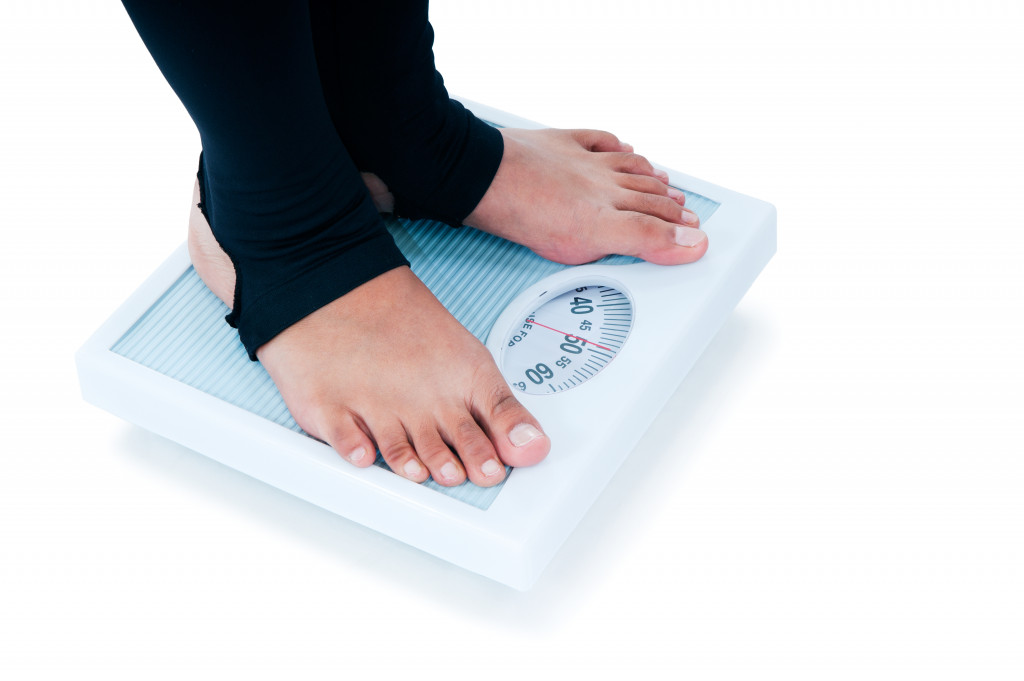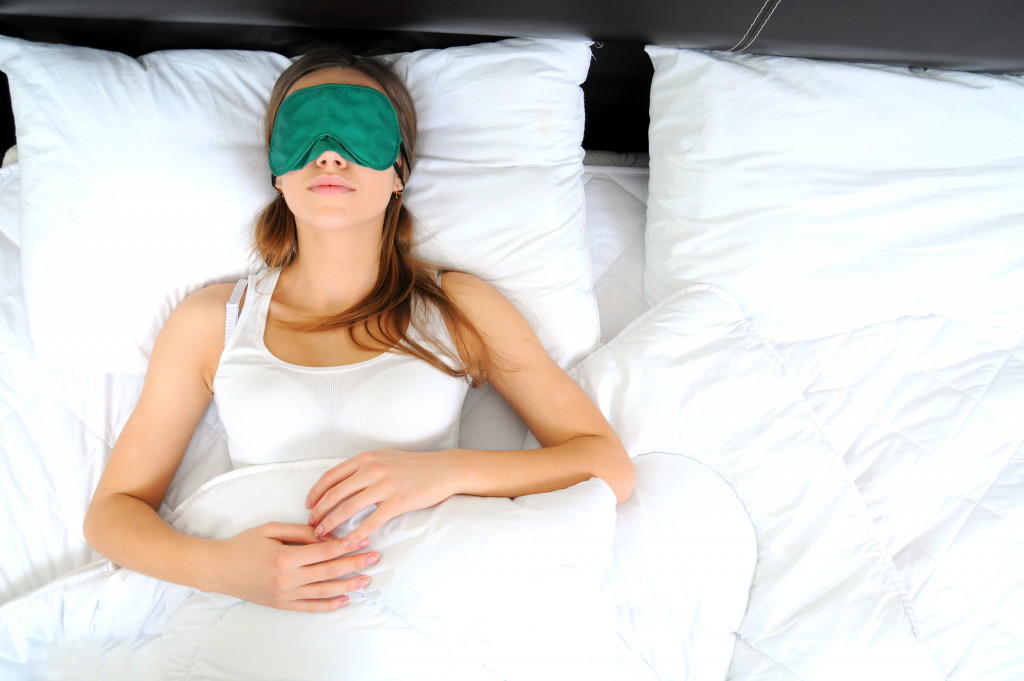Disclaimer: The Lifestyle Elf. This site provides fashion and lifestyle content for informational purposes only.
- Good sleep is instrumental in maintaining skin health, controlling weight, enhancing fitness performance, and promoting mental well-being.
- During sleep, the body repairs skin cells, regulates appetite, and strengthens muscle tissue for improved fitness.
- Lack of sleep can lead to various health issues, including skin problems, weight gain, impaired athletic performance, and mental health problems.
- Improving sleep hygiene involves establishing a bedtime routine, avoiding stimulating activities and certain beverages before bed, and managing health issues.
- Creating a comfortable, distraction-free sleeping environment is key to achieving high-quality sleep and supporting overall beauty and fitness goals.
When it comes to leading a healthy and active lifestyle, people usually focus on regular exercise and a balanced diet, but have you considered the role of sleep in maintaining your beauty and fitness? A good night’s sleep is essential for repairing and rejuvenating the body cells, improving your physical health, and enhancing your appearance. This blog post will explore the benefits of sleep for beauty and fitness and how you can improve your sleep quality for overall well-being.
Benefits of Good Sleep
Many benefits come with getting enough sleep. As you rest, your body works hard to repair and regenerate cells to help you stay healthy. Here are some of the specific ways that healthy sleep benefits your body and appearance:
Better Skin
One of the most notable benefits of sleep for beauty is its impact on your skin. When you sleep, your body repairs and regenerates skin cells, producing collagen that gives your skin elasticity and firmness. Lack of sleep can lead to dry, dull, and sagging skin with fine lines and wrinkles.
Sleep deprivation can also trigger inflammation, leading to acne, eczema, and other skin problems. Therefore, you should aim for 7-9 hours of restorative sleep each night to maintain healthy, youthful-looking skin.
Weight Management
Sleep is crucial in regulating your appetite and metabolism, essential for maintaining a healthy weight. When you sleep, your body produces hormones that control your hunger and satiety levels, reducing cravings and overeating. Conversely, sleep loss disrupts the hormone balance, leading to increased appetite, slow metabolism, and weight gain.
Moreover, lack of sleep also increases cortisol levels, which can trigger stress eating and sugar cravings. Improving your sleep hygiene should be one of your top priorities if you’re struggling with weight management.

Fitness Performance
Sleep is also critical for athletic performance and recovery. When you sleep, your body repairs and strengthens muscle tissue, replenishes energy stored, and removes toxins from the body. More importantly, sleep is when your brain consolidates memories and skills learned during the day, which can improve your motor skills, reaction time, and cognitive function.
Wellness and Mood
Finally, getting enough sleep is vital for your mental health and well-being. Sleep deprivation is linked to various mental health problems, such as anxiety, depression, irritability, and mood swings. Lack of sleep can also impair decision-making, concentration, and creativity, leading to poor performance at work or school. On the other hand, quality sleep can boost your mood, increase your sense of well-being, and improve your overall quality of life.
How to Sleep Better
Now that you understand the importance of sleep for beauty and fitness, you may wonder how to improve your sleeping habits. Here are some tips to help you get restful sleep every night:
Establish a Bedtime Routine
Creating a bedtime routine is one of the most effective ways to get quality sleep. In the same way a baby’s bedtime routine is vital for calming them down, adults also need a pre-bedtime ritual to signal the body that it’s time to get ready for sleep. Your routine should include activities such as reading or listening to music to help you relax and unwind before bed.

Avoid Stimulating Activities Before Bed
Avoid activities stimulating your brain or body, such as intense exercise, playing video games, or watching TV. The blue light from screens also affects the production of melatonin (the sleep hormone) and disrupts your circadian rhythm. Instead, it would be best to opt for relaxation techniques to help you calm your mind and reduce stress before bedtime.
Manage Health Issues
Different health conditions can interfere with your sleep, so it’s essential to identify any underlying issues causing your sleep problems. If you have allergies or asthma, taking medications or using a humidifier can help reduce symptoms and improve your sleep quality. Additionally, if you’re dealing with sleep apnea, orthodontic appliances such as mandibular advancement splints or continuous positive airway pressure (CPAP) machines can help reduce snoring and improve sleep quality.
Avoid Caffeine and Alcohol
Caffeinated beverages such as coffee, tea, soda, and energy drinks should be avoided for at least 6 hours before bedtime, as they can disrupt your natural sleep-wake cycle. Similarly, alcohol might make you sleepy initially, but it can prevent you from entering deep sleep stages and lead to frequent nighttime wake-ups.
Create a Sleep-Friendly Environment
Creating a comfortable sleeping environment is essential for quality sleep. Ensure your bedroom is dark, quiet, and cool enough to help you relax and fall asleep faster. It’s also ideal to keep the room free of distractions such as phones and tablets that will disrupt your sleep. Finally, investing in a comfortable mattress and pillow can greatly improve your sleep quality.
Getting enough high-quality sleep is essential for maintaining your beauty and fitness goals. Whether you want to improve your skin, weight, fitness performance, or mental health, sleep is the foundation of your well-being. To get the most out of your sleep, follow the above tips to establish healthy sleep habits and create a sleep-friendly environment. With these changes, you’ll soon be on your way to feeling more rested and looking better than ever!

